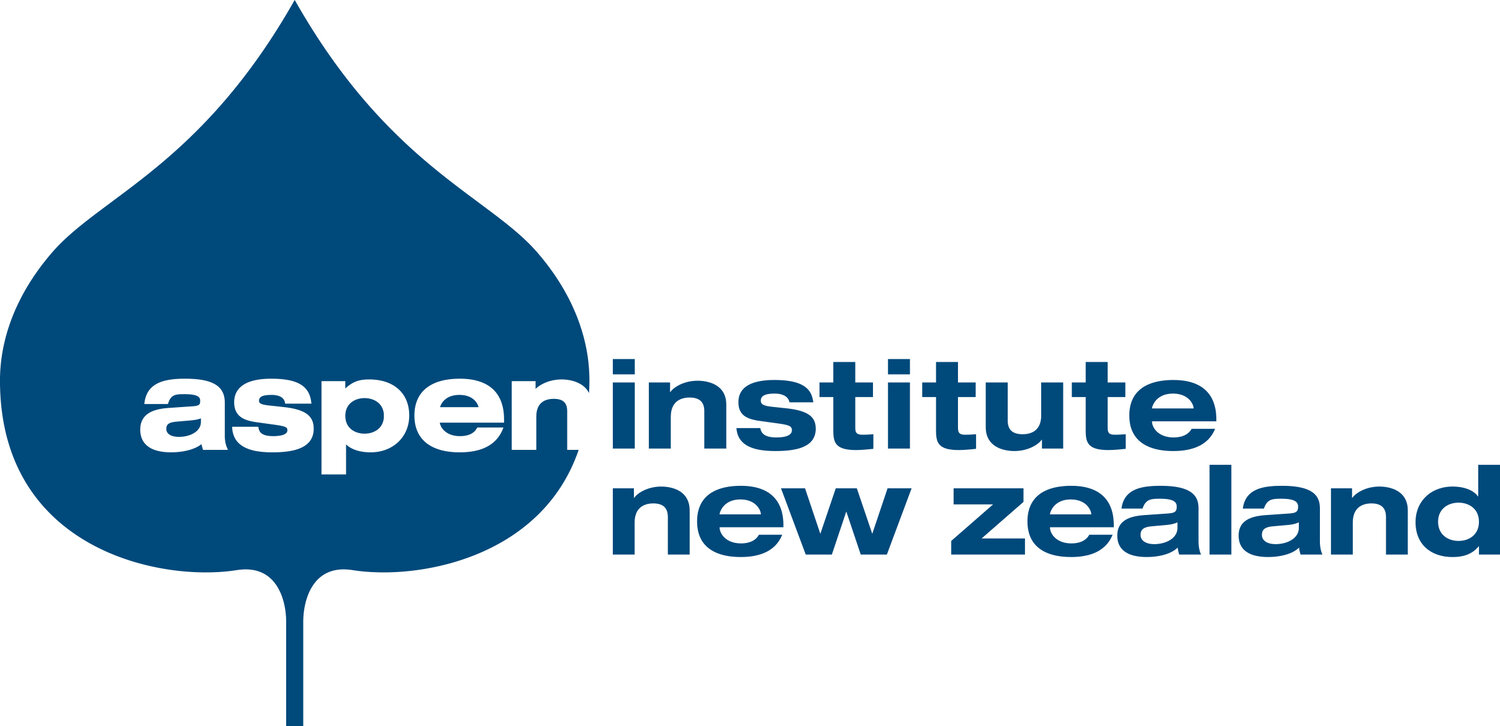‘The Race to a Greener Future’ broadens horizons for young leaders
This week, we caught up with our scholarship recipient and Aspen NZ alumna, Shreya Singaraju, as the Global Changemakers workshop wrapped up. After an action-packed programme, she was brimming with enthusiasm and inspiration from the knowledge she had gained, connections she'd made and the exposure to such a broad range of fresh, international perspectives.
The Race to a Greener Future:
New Perspectives Gained from Global Youth Collaboration
At the recent Global Changemakers workshop: The Race to a Greener Future, Aspen NZ alumna, Shreya Singaraju spent three and half days with young leaders from the Aspen International Partners network to address the ethical, geopolitical, and economic complexities of environmental sustainability and the procurement of critical minerals and rare earth metals. Reflecting on her time in Warsaw, Shreya shared three takeaways that have reshaped her outlook on global and local challenges.
Balancing Geopolitical Tensions
Shreya emphasised the importance of geopolitical relationships in achieving ambitious global goals like carbon neutrality by 2050. She reflected on the workshop discussions, which explored the delicate balancing act required to align competing interests and navigate tensions when countries collaborate. One example that stood out to her was the reliance of EU countries on green energy products from China, juxtaposed with concerns about geopolitical instability. “It made me realise how fortunate we are in New Zealand,” Shreya explained. “With our high renewable energy rates and geographical isolation, we have more freedom to focus on our own climate goals without the same level of external pressures.”
The Power of People
During our conversation, Shreya repeatedly returned to the central role of people in driving meaningful change and noted her “renewed appreciation for the Māori proverb: He aha te mea nui? he tāngata, he tāngata, he tāngata - What is the most important thing in the world? It is people, it is people, it is people.”
She spoke about the importance of understanding the diverse motivations behind reaching carbon zero and tailoring messaging to resonate with different groups. “Transparent communication and collaboration play a critical role in navigating the economic and geopolitical challenges relating to equitable resource access and distribution, and investment in our infrastructure and communities,” she said, adding “It’s not a one-size-fits-all approach.”
Embracing a Circular Economy
Shreya reflected on the shift from a production-focused mindset to one that prioritises reducing consumption: “We often focus on producing things more efficiently, but what’s really needed is to consume less.” She pointed out that existing recycling infrastructure can't keep up with the sheer volume of waste being generated, making it essential to rethink consumption habits to minimise our environmental impact.
In addition to these key takeways, the workshop gave Shreya a chance to pause and reflect, providing her with a deeper appreciation for New Zealand’s progress and its place in the global context. She shared “We sometimes nitpick specific issues at home, but when you step back and look at the bigger picture, we’re doing incredibly well compared to so many other countries.” This new perspective has inspired her to approach local challenges with a renewed sense of gratitude and purpose, while keeping an eye on the larger, global picture.
Shreya also acknowledged the uncertainty surrounding climate change, pointing out how evolving science will shape our understanding of its full impacts. “Some countries might even see unexpected benefits from climate change, but finding solutions is especially hard when the problems aren’t fully understood yet,” she observed.
Ultimately, the workshop reinforced the importance of collaboration in addressing global challenges. Shreya emphasised “Working together is key to driving meaningful change.” For her, the opportunity to connect with international peers from nations including Nairobi, Columbia and Germany, and to hear firsthand about their struggles and successes, was both humbling and inspiring.
For the second year running, the Global Changemakers workshop highlighted the unique opportunities available through Aspen’s International Partners network, providing young leaders like Shreya with the tools and connections to address complex challenges and contribute fresh ideas to their communities. A special thanks to the International Partners for organising, facilitating and funding the workshop, and to Aspen Institute Central Europe for hosting the young leaders in Warsaw.










